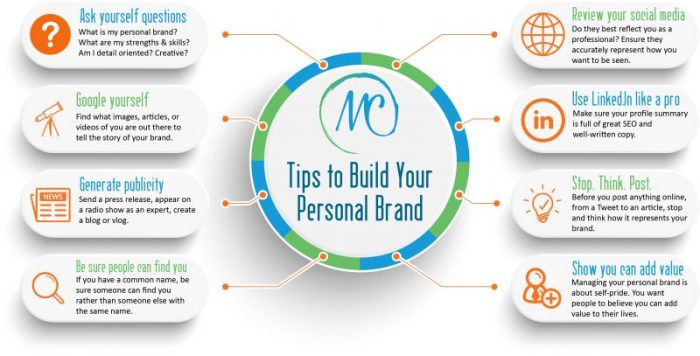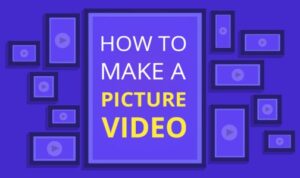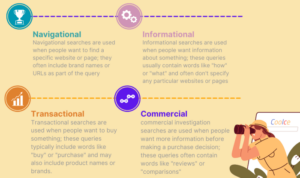Building a Personal Brand dives into the art of creating an individual identity that stands out in a crowded digital world, embracing authenticity and creativity to leave a lasting impact.
In this journey, we will explore the essence of personal branding, the power of storytelling, content creation strategies, and leveraging social media to elevate your brand presence.
What is Personal Branding?

Personal branding is the practice of marketing yourself and your career as a brand. It involves creating a unique identity and image for yourself that sets you apart from others. In today’s digital age, personal branding is essential for standing out in a competitive job market and building a successful career.
Personal branding differs from corporate branding in that it focuses on an individual rather than a company. While corporate branding is about promoting a company’s products or services, personal branding is about promoting yourself as a professional. Personal branding allows you to showcase your skills, expertise, and personality in a way that resonates with your target audience.
Examples of Strong Personal Brands
- 1. Oprah Winfrey: Known for her authenticity, empathy, and passion for helping others, Oprah has built a powerful personal brand that has transcended her talk show and expanded into various media platforms.
- 2. Elon Musk: With his visionary ideas, innovative thinking, and bold leadership style, Elon Musk has created a personal brand that is synonymous with cutting-edge technology and entrepreneurship.
- 3. Gary Vaynerchuk: A digital marketing expert and motivational speaker, Gary Vaynerchuk has built a personal brand around his no-nonsense approach to business and his relentless drive for success.
Building a Personal Brand Identity
Building a unique identity is crucial when it comes to personal branding. It helps you stand out from the crowd, establish credibility, and create a lasting impression on your audience. Here are some tips on how to build a consistent brand identity across different platforms:
Establishing a Consistent Brand Identity
- Create a logo, color scheme, and typography that reflect your personality and values. Use these elements consistently across all your social media profiles, website, business cards, and any other touchpoints.
- Develop a unique voice and tone that resonates with your target audience. Whether you’re writing a blog post, posting on social media, or interacting with customers, maintain a consistent voice that reflects your brand’s values and mission.
- Ensure your visual content, such as photos and graphics, align with your brand identity. Use filters, editing styles, and themes that are consistent with your brand’s aesthetic to create a cohesive look and feel.
- Engage with your audience authentically and consistently. Respond to comments, messages, and feedback in a timely manner, and show your personality in your interactions to build a strong connection with your followers.
The Role of Storytelling in Brand Identity
Storytelling plays a crucial role in shaping your personal brand identity. By sharing your personal experiences, values, and journey, you can create a compelling narrative that resonates with your audience and helps them connect with you on a deeper level. Use storytelling to showcase your expertise, passion, and unique perspective, and make sure your stories are authentic, relatable, and consistent with your brand’s values.
Content Creation and Strategy: Building A Personal Brand
Creating compelling content is essential for establishing a strong personal brand. Your content is what will attract and engage your audience, helping to shape their perception of you. Consistency in content creation is key to building a recognizable brand identity that resonates with your target audience.
Significance of Content Creation
Content creation plays a crucial role in building a personal brand as it allows you to showcase your expertise, personality, and values. By consistently creating high-quality content, you can establish yourself as a thought leader in your field and build credibility with your audience.
- Highlight your unique perspective and expertise through blog posts, videos, podcasts, or social media posts.
- Engage with your audience by responding to comments, asking for feedback, and creating interactive content.
- Showcase your personality and values to humanize your brand and connect with your audience on a personal level.
Strategies for Creating Engaging Content
To create content that resonates with your audience and effectively communicates your personal brand, consider the following strategies:
- Know your audience: Understand the needs, preferences, and interests of your target audience to create content that is relevant and valuable to them.
- Be authentic: Stay true to yourself and your values when creating content to build trust and credibility with your audience.
- Experiment with different formats: Explore various content formats such as videos, infographics, and live streams to keep your audience engaged and interested.
Importance of Consistency
Consistency in content creation is crucial for brand building as it helps to reinforce your brand identity and maintain audience engagement. By consistently sharing valuable content that aligns with your brand values and messaging, you can build a loyal following and establish yourself as a trusted authority in your niche.
Leveraging Social Media for Personal Branding

In today’s digital age, social media has become a powerful tool for individuals to enhance their personal branding and reach a wider audience. By strategically utilizing various platforms, individuals can showcase their skills, expertise, and personality to establish a strong personal brand.
Utilizing Social Media Platforms, Building a Personal Brand
- Create a consistent brand image across all social media platforms to build recognition and trust among your audience.
- Engage with your followers by responding to comments, messages, and feedback in a timely and authentic manner.
- Share valuable content that reflects your expertise and interests to position yourself as a thought leader in your industry.
- Collaborate with influencers or other brands to expand your reach and attract new followers.
Dos and Don’ts of Using Social Media for Personal Branding
- Do: Be authentic and genuine in your interactions to build a loyal following.
- Do: Use high-quality visuals and content that align with your personal brand identity.
- Don’t: Overshare personal information that may not align with your professional image.
- Don’t: Engage in negative or controversial discussions that could harm your reputation.
Examples of Successful Personal Branding Campaigns on Social Media
- One successful personal branding campaign is that of entrepreneur Gary Vaynerchuk, who leverages social media platforms like Instagram, Twitter, and LinkedIn to share valuable business insights and connect with his audience.
- Another example is fitness influencer Kayla Itsines, who built a strong personal brand on Instagram by sharing workout routines, healthy recipes, and motivational content to inspire her followers.





